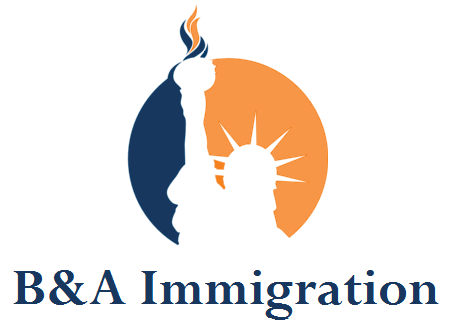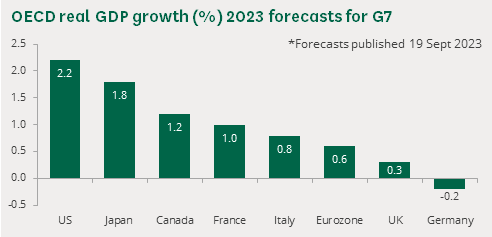Since the global pandemic and lockdown, immigration has clearly been impacted by Covid-19. The United States (US) were one of the first to go into lockdown and have experienced the highest rates of covid-related deaths. The Trump Administration responded by closing their borders, banning travellers of certain countries and finally (and most recently), by suspending certain US visa categories.
As early as the 31st January, President Trump announced the suspension of entry into the US of foreign nationals who “pose a risk of transmitting the coronavirus.” This was aimed at the Chinese and those that had recently travelled to China. On 29th February, he further barred the entry of foreign citizens who had travelled to Iran within the last 14 days. On 11th March, it was announced that foreign citizens who had visited Europe within the last 14 days, were barred from entry to the US. Initially this did not include the United Kingdom (UK) and Ireland. It only took three days for the US to announce that this was extended to the UK and Ireland, on 14th March.
On 18th March, the US-Canadian border was temporarily closed to non-essential traffic and on 20th March, the US-Mexican border was also temporarily closed. In Trump's “National Emergency” Proclamation re: Covid-19 on 13th March, he specifically referred to the bar on entry to the US of foreign nationals who had travelled to China (excluding the Special Administrative Regions of Hong Kong and Macau), Iran, the Schengen Area, the UK (excluding overseas territories outside of Europe), and Ireland. On 24th May, Trump issued a proclamation extending the bar on entry to those who had travelled to Brazil.
Of most significance were the later proclamations on 22nd April and 22nd June. They refer to how American livelihoods have been significantly disrupted. On 22nd April, the proclamation refers to 22 million Americans filing for unemployment..It is here, that Trump restricts Lawful Permanent Residents (green card holders), from entering the US. It is insinuated, that their “open market” employment authorization documents, are a threat to US citizen jobs. Those individuals who were outside of the US when their employment-based green card was being processed, or even approved, were directly impacted. It was initially put in place for 60 days, but was extended further on 22nd June, until at least 31st December, 2020. The most shocking new revelation in the latest proclamation, was that certain non-immigrant visas had also been suspended:
L-1 Intra-Company Transfer Visas
H-1B Specialty Occupations and Fashion Model Visas
H-2B Temporary Worker Visas
J Visas (Interns, Trainees, Teachers, Camp Counsellors, Au Pairs, Summer-Work Travel Program)
Whilst this did not cancel valid visas, it meant that pending applications and even approved petitions were impacted. Our firm processes both non-immigrant and immigrant visas. In regards to business visas, we predominantly work with UK-based SME's seeking visas such as the L-1 Intra-Company Transfer visa, for employees of that company. This came as a shock to both our firm and clients who have to anxiously wait for the next update. Even if general travel to the US commences by January, will our client's with pending or approved L-1 petitions, be able to obtain their visa and travel to the US on this visa early next year? Will President Trump extend the suspension (if re-elected) and hold off on allowing foreign workers into the US?
It is an uncertain time for all foreign companies who have US-based offices with foreign workers on US visas. Not only are we faced with unprecedented times, but we also have a President who is trying to appease the right wing America, a mere four months away from election. It’s more than just Covid-19. It’s about American jobs in general.
What does this mean for foreign employees that are based in the US on visas, or foreign employees they need in the US? Are there other visa options?
There is no way of knowing whether the proclamation will be extended, but as a company or individual, you may have another visa option, such as an E-1 or E-2 visa.
If you wish to discuss this with an immigration attorney at our firm. Please visit our website on www.baimmigrationlaw.com
+44(0)203 102 7966
info@baimmigrationlaw.com


